<H2>Psilocybin Microdosing: A New Frontier in Wellness</H2>
<p>In 2025, psilocybin microdosing has transitioned from an underground wellness trend to a more mainstream practice. This shift is highlighted by a comprehensive guide from Daytryp, which underscores the growing interest and emerging safety considerations. As this trend gains traction, it is evolving into a more responsible and culturally accepted behavior, much like the cannabis movement has over the years.</p>
<H2>Understanding the Microdosing Process</H2>
<p>Microdosers typically consume 0.1–0.3 grams of powdered psilocybin, using digital scales for precise measurement and dosing every 3–4 days. Advocates report enhanced mood, creativity, focus, and stress resilience, effects attributed to subtle boosts in neuroplasticity and serotonin modulation. However, similar to early cannabis research, scientific studies on psilocybin remain limited and largely observational, with placebo effects and expectancy bias complicating definitive clinical conclusions.</p>
<H2>Prioritizing Precision and Safety</H2>
<p>For consumers, precision and safety are paramount. The guide advises users to finely grind mushrooms for consistent dosing and to consider lab-tested sources to avoid contaminants. Community forums have popularized methods like "weighing and suspending in alcohol" to ensure controlled intake, reflecting a cultural shift towards data-informed psilocybin microdosing, akin to the precision seen in cannabis consumption.</p>
<H2>Professional Integration and Regulatory Changes</H2>
<p>Wellness coaches, biohackers, and therapists are beginning to integrate structured protocols, including mental health screenings, dosing schedules, and mood or cognitive outcome logging. This professionalized approach lends credibility to psilocybin microdosing as a performance and therapeutic strategy, paralleling the structured use of cannabis for wellness.</p>
<p>Regulatory landscapes are evolving, with several U.S. cities and states moving towards psilocybin decriminalization or medical legalization. This provides microdosers with more legal clarity, although federal law still prohibits psilocybin. In places like Oregon, providers offer measured microdose kits with integration counseling, blending legality with mindful use, much like the cannabis industry's evolution.</p>
<H2>Proceeding with Caution</H2>
<p>Despite growing enthusiasm, experts urge caution due to potential risks, including unknown long-term psychological effects and interactions with SSRIs or predispositions to mood disorders. Daytryp recommends medical consultations, symptom logging, and cautious trial-and-error rather than self-prescribed microdosing, echoing the cautious approach advised in cannabis use.</p>
<H2>Cultural Normalization and Future Prospects</H2>
<p>Culturally, the trend signals a normalization of psychedelics in everyday life. Microdosing communities, which began on platforms like Reddit, are now spawning podcasts, wellness retreats, and apps for dosage tracking and support networks. This approach focuses on sustainable mental wellness rather than recreational use, similar to the evolving perception of cannabis.</p>
<p>Looking ahead, Daytryp anticipates increased scrutiny through randomized controlled trials and cohort studies. If rigorously validated, microdosing could become a mainstream supplement strategy for mood enhancement, productivity, or emotional regulation, potentially integrating psychedelics into daily health regimes, much like cannabis has done.</p>
<p>#PsilocybinMicrodosing #CannabisNews #WellnessTrends #PsychedelicResearch #MentalHealthInnovation</p>


